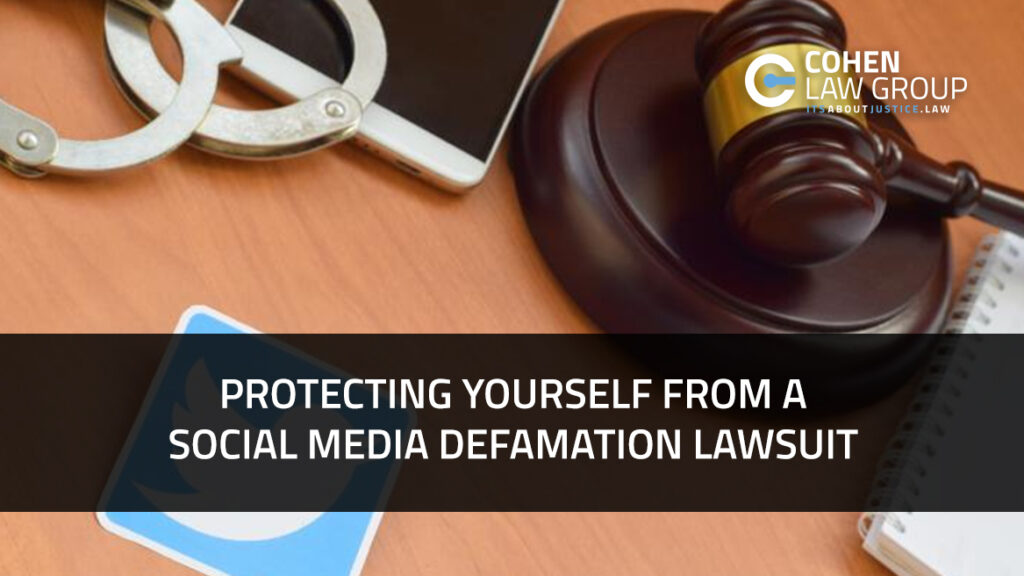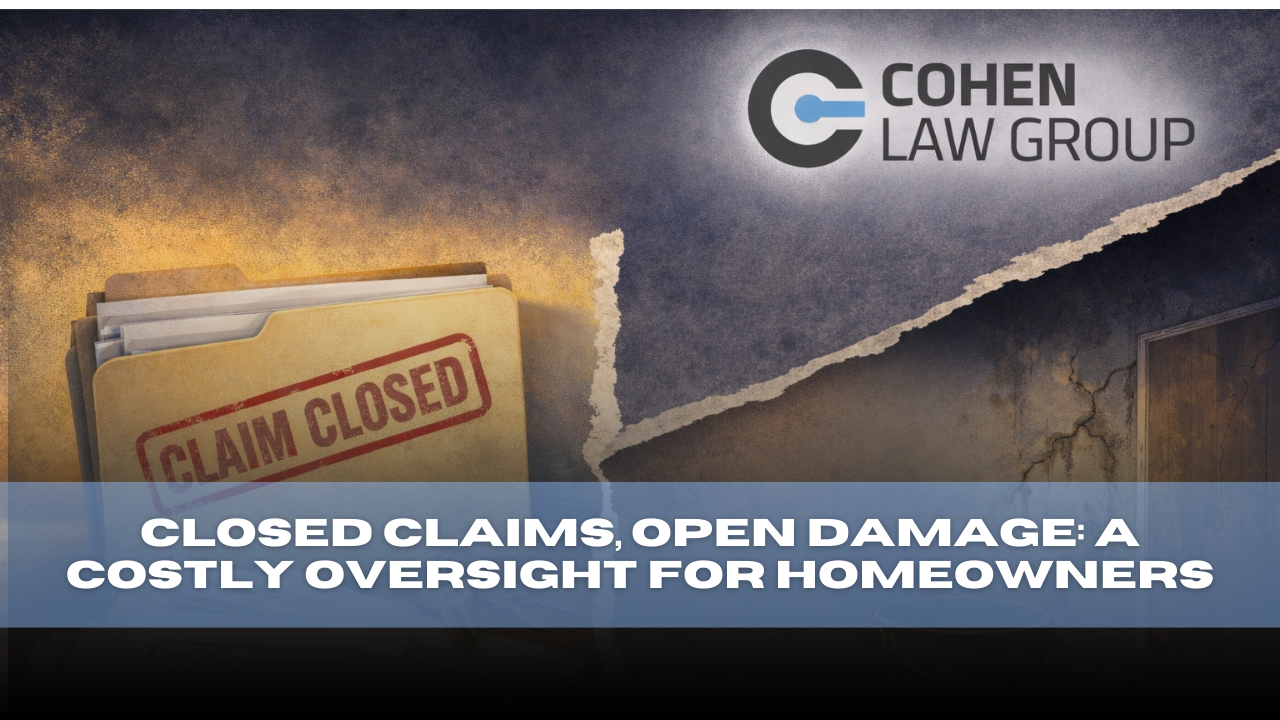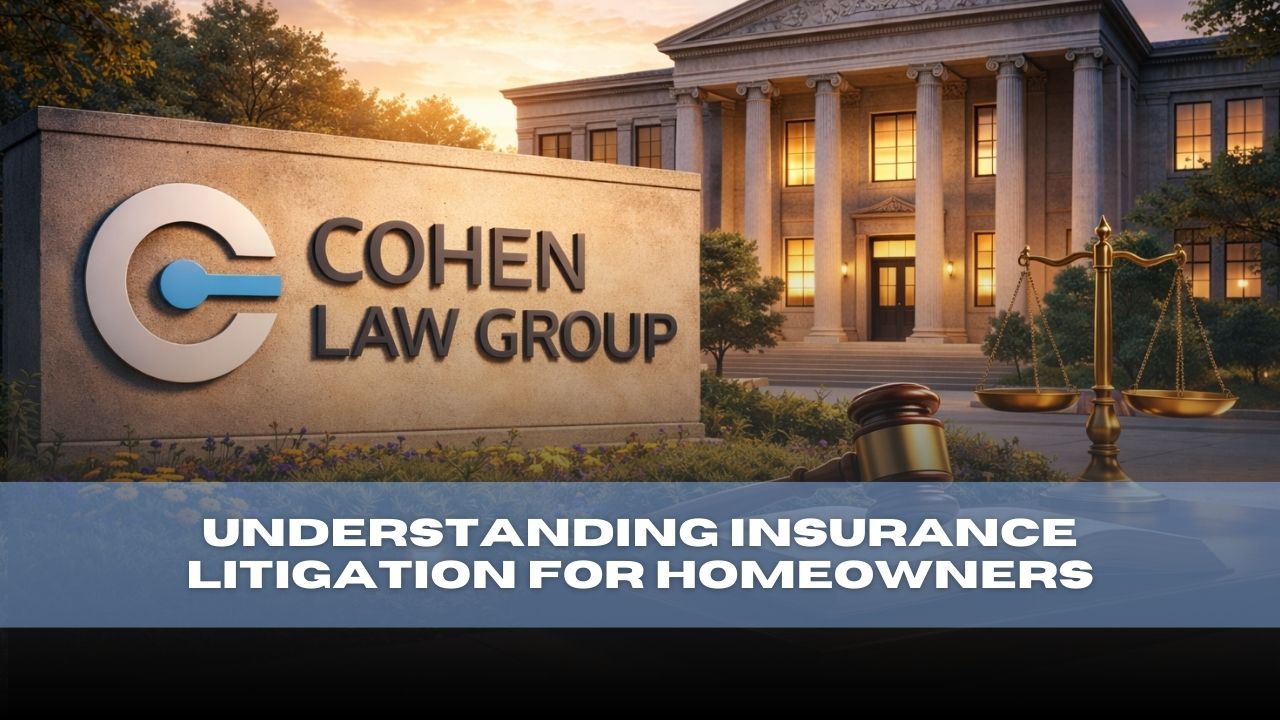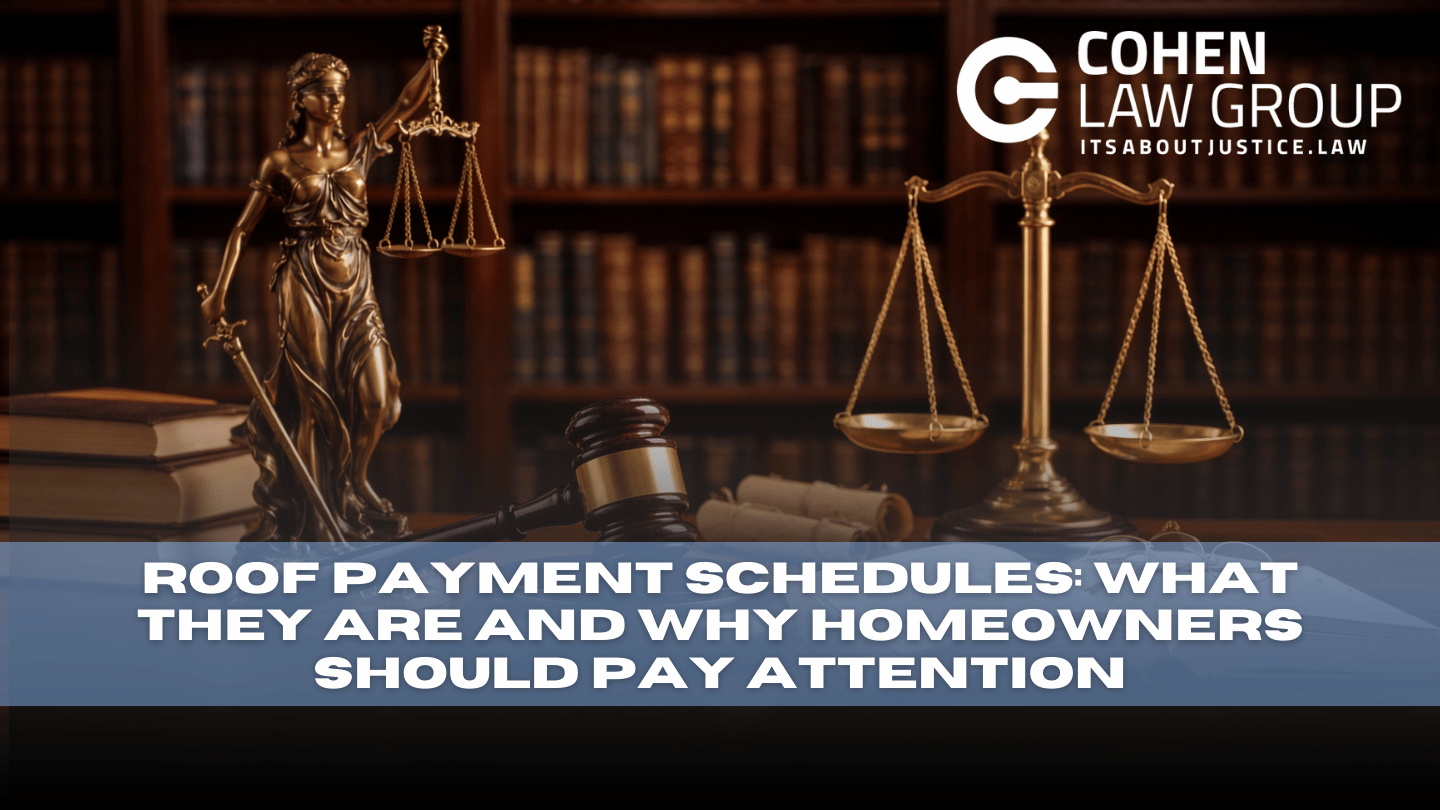Protecting Yourself from a Social Media Defamation Lawsuit
Social media has become a part of our daily routines. Each day we absentmindedly scroll through Facebook and Instagram or shoot off tweets on Twitter. Because of this, there is an increase of chances of posting content or having content posted about us that may lead to a defamation suit, especially in the era of COVID-19 as well as an election year. It’s important for us to be cognizant of our social media presence and be aware of the options in the unfortunate case of being defamed or posting something defamatory.
In Florida, there are four elements to a defamation claim. The elements are:
- Publishing a false statement;
- About the plaintiff
- To a third party; and
- The falsity of the statement caused injury to the plaintiff.
There are two types of defamation: slander and libel. Slander is spoken whereas libel is written. Libel is the form of defamation we are concerned with when considering social media, emails, or if you’re old school, letters. In fact, all electronic forms of communication on social media are considered the same as traditional forms of written communication. In Florida, a private figure pursuing a defamation lawsuit must prove that the defendant was negligent with respect to the truth or falsity of the alleged defamatory statement. On the other hand, a public figure must prove the defendant acted with actual malice, i.e. with knowledge that the statement was false and/or recklessly disregarding their falsity.
Any online posting consisting of a false statement, even if it is only seen by one person, will satisfy the publication requirement. Importantly, even if the false statement was sent via private message, libel can still be committed if the statement caused provable damages. Keep in mind, you do not have a defamation lawsuit if someone posted a negative opinion of you. The law does not prevent someone from expressing their opinion of you, but be extra cautious because even a statement using “I think” or “I believe” can still be seen as defamatory! (Example: “I think Bob steals from work.” = Defamatory!)
A plaintiff, however, will not be able to succeed on a claim for defamation if the statement was true. While proving a statement’s truth is the obvious and absolute defense for a defendant, this is a high bar to meet. A defendant also has the defense of a protected statement if the statement was made at a trial or during a deposition. Despite any defenses, proving that you suffered an injury is one of the most challenging parts of a defamation claim. A plaintiff must be able to prove that they suffered damages like losing a job or being denied a certain opportunity resulting from the defamation. A defamatory statement has the power to cause another to lose their job, drastically hinder their reputation, and harm personal as well as professional relationships. A plaintiff can also suffer physical and psychological harm from a defamatory statement including stress, depression, and attempted suicide.
Let’s talk about damages. In addition to actual damages, a plaintiff may also be awarded punitive damages. Punitive damages are issued at the court’s discretion and is considered a form of punishment. If a defendant has defamed you with knowledge that the statement is false and made the statement for personal gain or retribution, then the plaintiff will be awarded punitive damages.
Here are some examples of where defamation can appear:
- Reviews, i.e. Google or Yelp
- Posts and comments on Facebook, Instagram, or LinkedIn
Remember, if you have a defamation case on your hands, whether as plaintiff or defendant, the statute of limitations in Florida is two (2) years. So, get out there and have fun with social media, but be very cautious if you feel the need to vent!
COHEN LAW GROUP
DISCLAIMER: This website is for informational purposes only and does not provide legal advice. Please do not act or refrain from acting based on anything you read on this site. Using this site or communicating with Cohen Law Group through this site does not form an attorney/client relationship. This site is legal advertising. Please review the full disclaimer for more information by clicking here.








